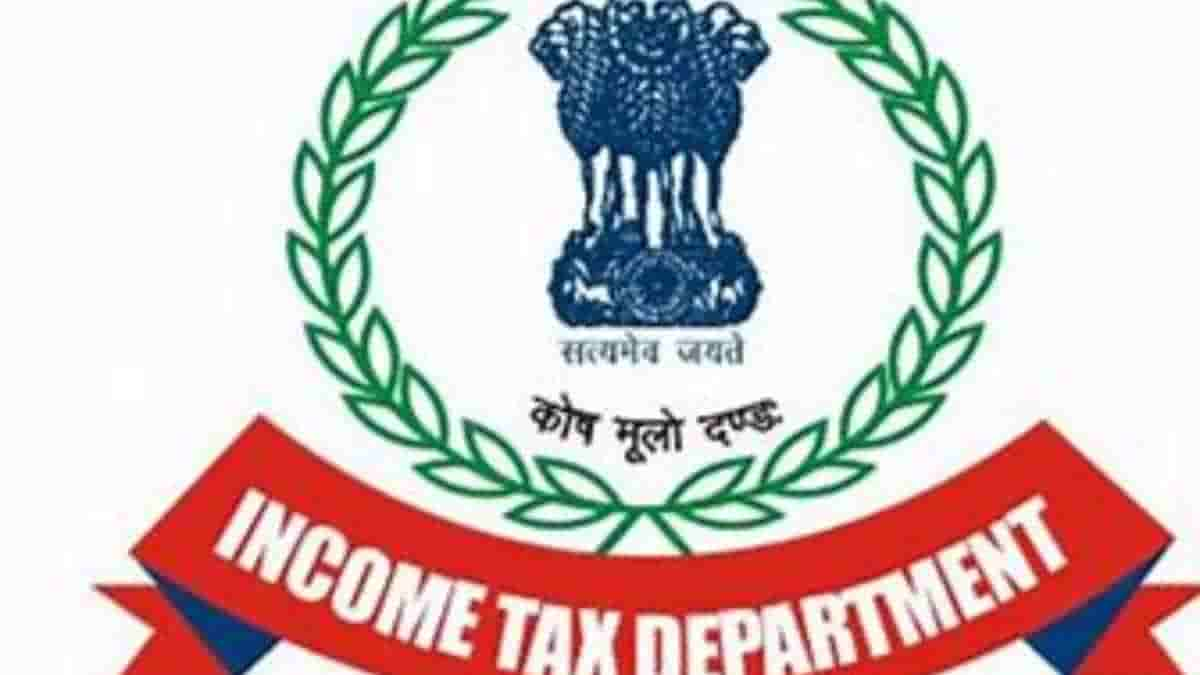The Income-Tax department is stepping into “new areas” of the economy to combat tax cheating

To combat tax evasion, the Income-Tax department is expanding into “new areas” of the economy, according to CBDT Chairman Nitin Gupta. At the same time, its investigation divisions are using analytics to sift through voluminous data on Indians who own assets abroad. The Central Board of Direct Taxes, the administrative body for the tax department, performs search and seizure operations to hunt for cases of tax evasion in addition to performing its regular function of collecting money for the government under the direct taxes category.
During an interview, Nitin Gupta said “We are covering a variety of sectors of the economy (while undertaking searches and raids). We are not limiting ourselves to real estate or developers only…our action is spread across sections of the economy right from healthcare to pharma to developers to industries, manufacturers, service providers, etc. We are interacting with new markets and diverse economic sectors, such as asset reconstruction firms, gambling, betting, etc.”
The taxman stated that recent trends in tax evasion are fairly common in response to a question about them. In addition to several worldwide tax leaks on Indians with assets abroad, the head of CBDT asserted that India was also receiving “vast” amounts of data from different countries via the CRS and FATCA regimes.
Financial institutions are required to identify their US accounts through heightened due diligence checks and disclose them regularly to each other under the FATCA, a tax information reporting framework between India and the US. A universal standard for the automatic sharing of financial account information is called the CRS.
Gupta further added that they got information through Panama, Paradise, and Pandora Papers (global tax data leaks of asset holding by various individuals and entities), and while they are a limited number of cases, they are “populating” this information into the CRS and FATCA to cull out data for their use. All of the data received up to 2019 is now being examined by the department’s investigation units. the department is using data analytics and risk analysis to identify which cases can be more potential for investigation.”
He claims that the tax department must go through a vast amount of data that is provided by other nations as part of their tax cooperation to find instances that can be pursued further. He claims that the lengthy process is necessary due to the numerous layers of inspection needed because occasionally, individuals are only identified by their initials and usually, they are not residents. When describing the new, anonymous form of taxation, Gupta asserted that the agency was attempting to make things simpler for taxpayers or assessors.


